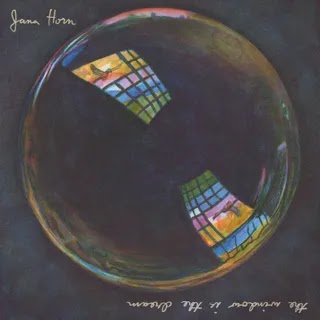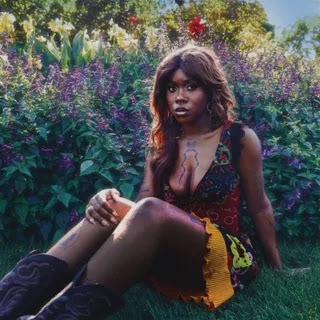Working with producer Jay Joyce and Nashville session musicians, the masked cult figure adopts the widescreen scale of mainstream country while stretching his eccentricities to their limits.
A gay cowboy with South African and Canadian roots who performs with his face hidden behind a fringed mask, Orville Peck seems like a figure destined to reside on the margins of pop culture. Somehow, this former punk—he guards his true identity but has acknowledged he played in a punk band prior to inventing the Peck persona—struck a nerve with his 2019 debut, Pony, as the novelty of his outlandish act gained audiences far beyond the indie-rock world where he got his start. Soon, Peck made the leap from curiosity to cult figure, climbing his way up the bill at festivals, hosting an episode of the Netflix documentary series This Is Pop, signing with Sony Music, and, to top it all off, convincing Shania Twain—the biggest singer ever to come out of Canada, where he got his start—to sing on Show Pony, the follow-up to his debut.
Bronco, the first full-length released under his new deal with Columbia, is the polar opposite of the spare, spooky Pony. Cut with Jay Joyce—the producer behind all of Eric Church’s albums, along with excellent records by Miranda Lambert, Brandy Clark, Brothers Osborne, and Ashley McBryde—Bronco is so bold and colorful, it’s as if it was written with the silver screen in mind. The escalation of scale feels less like an attempt to dive into the country mainstream than the sign of an idiosyncratic artist seizing all available opportunities to stretch his eccentricities to their limits.
Delivered with all the urgency of a CinemaScope potboiler, “Daytona Sand” gets Bronco off to a galloping start, establishing the album’s musical and emotional parameters: The sounds are overheated, the stories told in arid detail. Peck populates his songs with same-sex love, lust, and longing, never lingering on the fact that open homosexuality remains rare within country music. Then again, Bronco hardly sounds or feels like modern country. Peck weaves a tapestry of mid-century American music, grounding himself in the rock and country made somewhere between the emergence of Elvis Presley and the rise of the Beatles while dabbling in the sun-bleached hippie hangover of the early 1970s. Many of the best moments are nods to that progressive era, especially the shimmering “The Curse of the Blackened Eye” and the warm sighs of “Outta Time,” with references to the PCH and Malibu evoking the peak era of soft rock. “C’mon Baby, Cry” also feels quintessentially Californian, as its swelling chorus, deep reverb, and nimble melody conjure memories of AM golden oldies.
The effectiveness of these pastiches is a testament to Jay Joyce’s skill. Augmenting Peck’s touring band with a number of Nashville session musicians, Joyce helps Peck articulate his vision of an invented American past, giving these fantasias gritty gravitas while managing the trick of being self-aware but not camp. The instrumental details suggest a Nashville sound unmoored from commercial considerations, while the bottomless echo evokes the dusty landscapes created by Lee Hazlewood and Duane Eddy. As on Pony, the ghost of Roy Orbison lurks at the heart of the melodrama. Mostly, though, Bronco sounds like a gothic Elvis Presley, a connection Peck underscores with multiple winks at the King, such as the pointed joke in “Outta Time”: “I meet a girl who’s trying to shoot the breeze/She tells me she don’t like Elvis/I say I want a little less conversation please.”
The emphasis on the rhinestone icon inevitably highlights Bronco’s one failing: The album would be better if Peck could actually sing. Peck may be a master vocalizer capable of wringing maximum ardor out of a song, but he alternates between a portentous mumble and a throaty bellow, the kind of histrionics that were once the speciality of Elvis impersonators. When the production is as over the top as Peck himself, it can be easy to excuse—if not quite ignore—these affectations, but whenever he’s relatively unadorned, as on “Let Me Drown” and “City of Gold,” his unsteady, amelodic quaver is difficult to ignore. All these tics were on Pony, too, yet there they added to the charm. Here, as part of a grander spectacle, they become a distraction—a nagging element that keeps Bronco feeling earthbound.
















0 comments:
Post a Comment